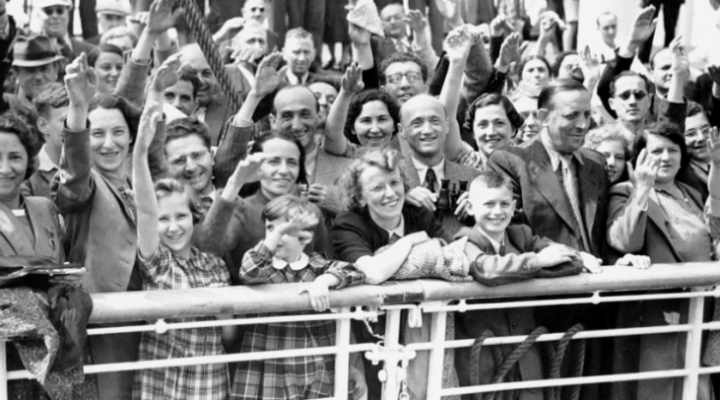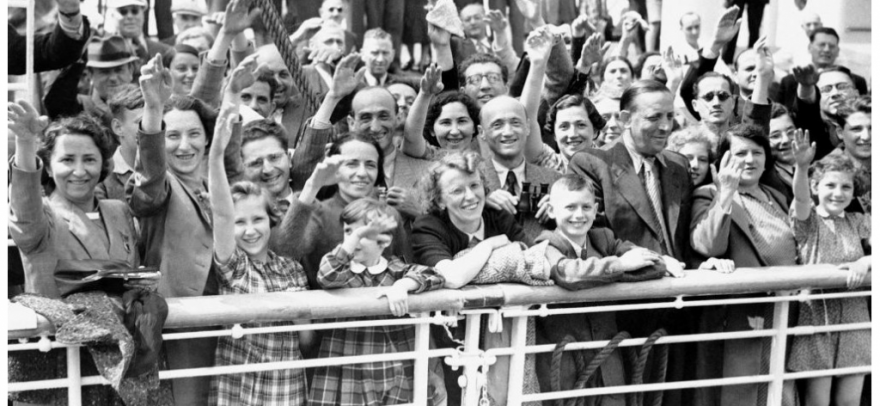“Is there any worship community here? How can I join a church or a mosque or a temple?”
According to Napoleon Akeyezu, a case manager for a refugee nonprofit in Kentucky and a refugee himself from Rwanda, this is the most common first question they hear from new arrivals.
While most refugees in the United States identify as religious, and faith-based organizations have played a significant role in resettling refugees, there are few academic resources exploring the relationship between faith and forced migration. This is what a new Oral History Project on Religion and Resettlement from Princeton University’s Religion and Forced Migration Initiative intends to address.
Funded by the Henry Luce Foundation and co-chaired by the United States Conference of Catholic Bishops, the RFMI aims to “better understand and respond to the role that religion plays in the lives of refugees as they resettle and integrate into the United States.”
The RFMI’s major resource is the Oral History Project, a growing archive of interviews with refugees, former refugees and asylees in the United States whose “religious and spiritual lives have been consequential to their journey, resettlement and integration.” The archive contains more than 170 interviews with refugees from 40-plus countries and seven religions that together represent every major refugee wave to the United States since World War II. The archive includes the audio recordings and transcripts of all interviews and is intended for use by refugees, students, educators, scholars, refugee resettlement agencies and community members.
In the archive, users will meet:
- Jihan, a Chaldean Catholic from Iraq who relishes the religious freedom of her new Michigan home.
- Anne, a German Jew who escaped Nazi Germany as a young girl.
- Hassina, an unaccompanied minor from Uganda whose faith in Allah was strengthened on her migration journey.
- Ebralie, a Rwandan Christian who is welcomed at the Nashville airport by 100 local church members.
- And countless others.
In addition to the interviews themselves, RFMI’s website also includes learning materials such as lesson plans and refugee primers to help educators, religious organizations and nonprofits teach about the often-misunderstood topic of refugee resettlement.
RFMI also maintains a detailed map of refugee resources across the nation.
While the interviews and materials may be accessed now, RFMI plans to add more interviews and update materials and maps as needed. Individuals interested in being interviewed for the archive or providing additional information on refugee organizations are encouraged to contact RFMI via the website.
Matthew Blanton is a Ph.D. student in sociology at the University of Texas at Austin, specializing in international migration.


